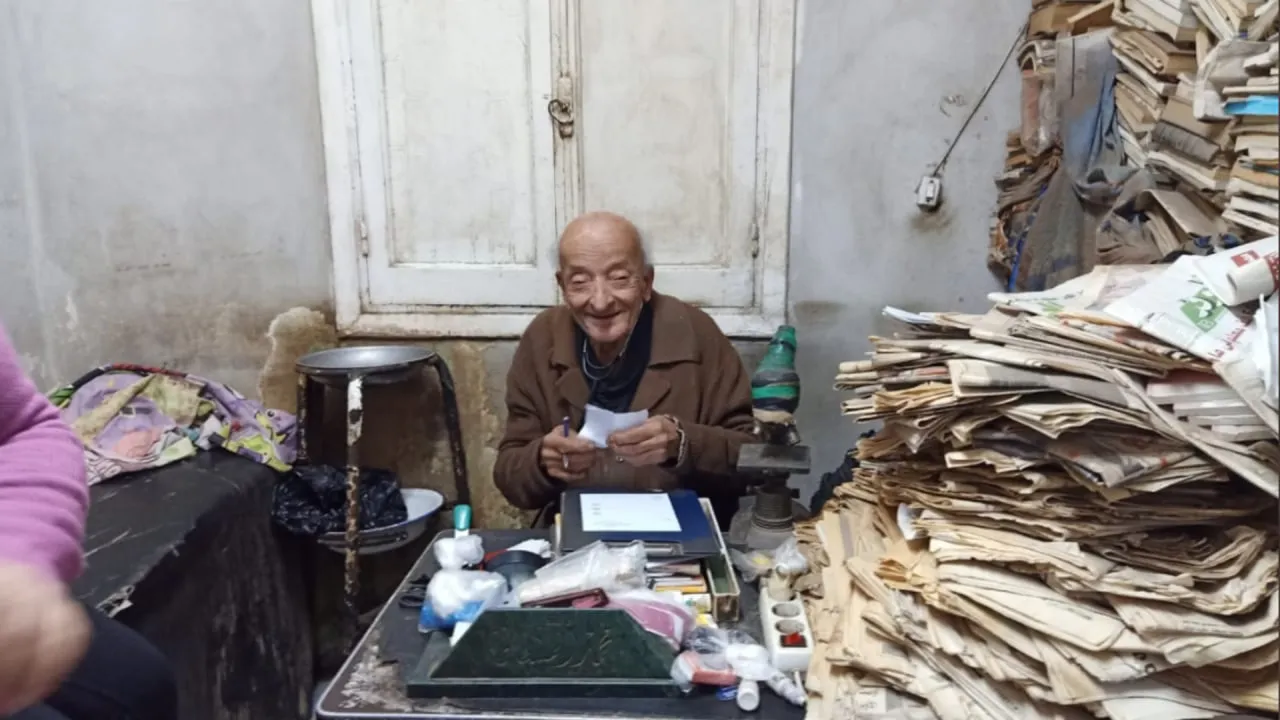In the complexities of life, the bond between a parent and a child is one of the most profound relationships we experience. Yet, it is a relationship imbued not only with joy but also with impermanence. The prayer and reflection shared above echo a divine perspective on the fleeting nature of our time with our children — a perspective that can offer comfort and understanding during times of loss.
The story begins with a powerful and humbling message from God: "I will lend you one of my sons, so that you may love him as long as I live." These words are not just an invitation, but a sacred responsibility — an acknowledgment that, while children are entrusted to us, they ultimately belong to God.

This prayer emphasizes that children are not possessions, but gifts from God, temporarily entrusted to us for care, love, and guidance. The passage reminds us that the time we have with our children is uncertain, and while we may hope for years, decades, or a lifetime, our love for them must be unconditional and unwavering, regardless of how long or short that time may be.
The divine request goes further, asking: "Will you teach him?" This is a call to parents to guide their children in life, to provide them not only with material care but with wisdom, values, and love. It is a reminder that the greatest gift we can offer our children is not just our protection, but the knowledge of how to live a life filled with compassion, kindness, and faith.
There is a profound sense of surrender in this prayer: "I am not offering that he will stay with you, I am just lending him to you, for a while." This reminder of the impermanence of life does not diminish the value of our time with our children; rather, it enriches it by inviting us to cherish every moment. It calls us to recognize that all things on earth are temporary, and yet in their temporality, they hold immense beauty and purpose.

The prayer then offers a moment of comfort for parents who may face the difficult day when their child is called back to God: "You will not cry, nor will you hate me for bringing him back to me." This speaks to the eternal nature of love and the faith that God’s will, even in the midst of grief, is always perfect. The loss of a child, while undoubtedly heartbreaking, is tempered by the promise that the love we give will be returned in memories, and that in those memories, we will find solace.
Finally, the prayer closes with the ultimate act of faith: “Thy will be done, Lord, and not mine!” This final affirmation of God's sovereignty is a testament to the deep trust and humility required to accept both the joy and the sorrow that come with parenthood. It is an expression of faith that whatever God's plan for us is, it is good, and we must submit to it with gratitude and peace.
Parenthood, viewed through this lens, becomes more than just the act of raising children. It becomes an act of faith, an offering of love and care entrusted to us by God. The message is clear: while we are entrusted with the care of our children, they ultimately belong to God, and it is our responsibility to love them unconditionally, teach them well, and, when the time comes, let them go.
This reflection is a reminder that the joy and love we experience with our children are precious gifts, and though we may not have them forever, the memories we create and the love we share will live on, filling our hearts with peace even in moments of grief.
In a world that often views children as possessions to be held onto, this prayer invites us to see them as gifts — temporary loans from God, entrusted to us to raise, love, and guide. While we cannot hold onto them forever, the love we share and the lessons we teach will last forever. Let us honor this sacred trust and live in gratitude for every moment with our children.



